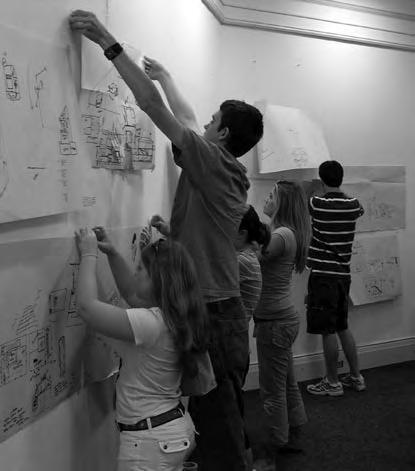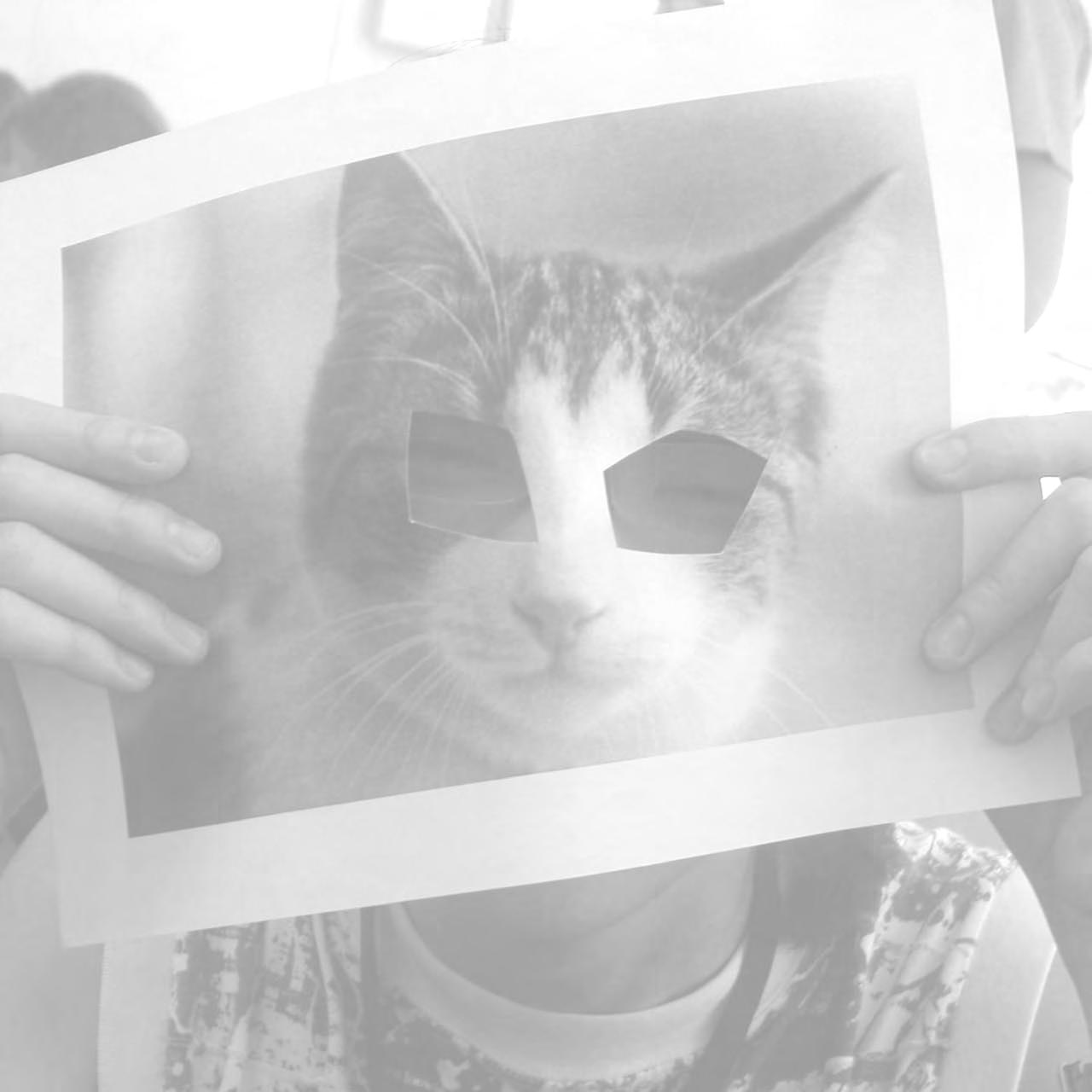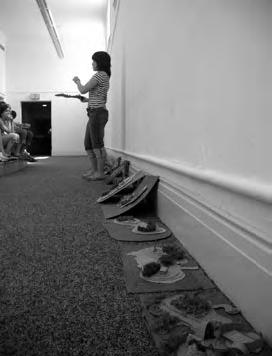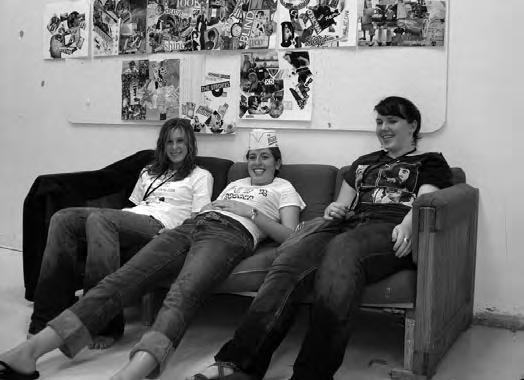
3 minute read
Design Camp in Transition: A Model Outreach Program
DDesign Camp in Transition : A Model Outreach Program
by Marva Motley, Assistant Director for Student Affairs
Advertisement
The College ofDesign at North Carolina State University has hosted Design Camp, a summer enrichment program for high school students, for more than 20 years. The college has built a very successful signature program that has exposed more than 1,000 students to the five design disciplines to date. It has become a model program for other colleges that now offer similar outreach initiatives, including the UNC at Charlotte Department ofArchitecture and the Appalachian State University Industrial Design Department. Particularly over the last 10 years, the Design Camp has experienced multiple revisions and has become increasingly popular throughout North Carolina. What began as a minority outreach program has expanded to include participants from the general public and now reaches all corners of
One of the banners produced by the SeeSaw Youth Designers during Joyner’s residency at SeeSaw. The banner is painted and screen printed on nylon canvas.


North Carolina, multiple other states, Africa and the Bahamas. Under the direction ofProfessor Charles Joyner, Design Camp was established in the 1980s to address the lack ofminority representation in the design professions. Graduate students and faculty traveled to targeted North Carolina counties to expose under-represented high school students to design—at no cost to the students. The program was held during spring break and was funded primarily by company donations. As Design Camp grew, a decision was made to host the program on the campus ofNC State to allow maximum exposure for the College ofDesign and D esign Camp photos provided by S tudent Affairs office
to promote the university. The immersion program allowed students to experience studio culture and encouraged interaction with faculty and guest designers. However, the new tuition-based, institutionalized format ofDesign Camp impacted the target group, making it more difficult to recruit minority and disadvantaged students. Since that time, donor contributions and camp revenues have provided financial assistance for needy students. Beginning in 1996, Marva Motley, Assistant Dean for Student Affairs, assumed responsibility for Design Camp. Under the direction ofMotley, it has evolved to its current format and has experienced phenomenal growth, with sessions increasing from one week-long camp to three camps spanning one week each and enrollment increasing from 40 students to 260 students per summer. Even with this expansion, the past six years has seen the number ofinterested students far exceed the capacity ofthe program. Due to the demands placed on Student Affairs staff, a program coordinator has been hired for the past three summers to manage logistics, delivery ofthe curriculum and employees. Currently, the camp hires approximately 18 design students and five faculty to deliver each one-week session. Employee salaries have been paid by camp tuition ($600 Residential Program, $350 Day Camp). Scholarships have been funded by university grants and private donors. Design Camp has been well publicized in high schools, community centers, newspapers and major enrichment publica tions. It has received outstanding reviews and tracking statistics indicate that it has been an extremely effective recruitment tool for the College ofDesign. Currently about 30 percent ofenrolled design students have been camp participants.

However, minority recruitment remains an issue that requires extra effort. In recent years, the success ofDesign Camp has spawned interest in rural communities for on-site programs. Contacts have been made in the Native American and Hispanic communities and opportunities for outreach programs await us. Surveys from previous campers and camp staffindicate that new initiatives can be supported and are only limited by manpower and funds. Because ofever increasing popularity and the need to address design education for pre-college students, the 2007 Design Camp will become an outreach program ofthe college’s Contemporary Art Museum K-12 Education Initiative. Design Camp has a long, rich history and we anticipate continued success and growth under the direction ofNicole Welch, Curator ofEducation for CAM. The college has worked hard to raise awareness about design and it is our duty to share this dynamic “third domain” ofeducation with future designers.













